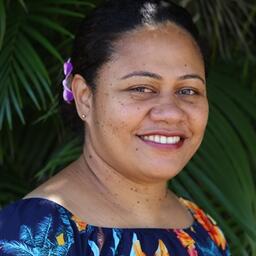Promoting Pacific Island Nature-based Solutions (PPIN)
Promoting NbS in the Oceania region
The objectives of the PPIN project are threefold. Firstly, it aims to develop NbS policy and legislation in PICs, filling a gap that currently hinders their effective implementation. Secondly, the project seeks to raise awareness and build capacity for NbS in the region. This will include targeted capacity-building programs and the establishment of Communities of Practice, where stakeholders in various sectors can engage in peer-to-peer learning. Thirdly, the PPIN project aims to foster regional cooperation on NbS. This will be achieved by integrating NbS into existing regional platforms and developing economic and policy positions that strengthen the case for NbS in the region. Furthermore, the project recognizes the importance of gender, equity, and social inclusion in NbS policy at all levels and respects and includes indigenous knowledge and practices in the Pacific as keys to unlocking the potential of NbS.
The PPIN project's vision is clear: "people and ecosystems in the Pacific benefit from the use of NbS to address societal challenges, including climate change, natural disasters, and food security challenges." Its overarching goal is that "people and ecosystems in the Pacific benefit from NbS to address environmental and societal challenges."
By 2030, the goal is for countries and communities to benefit from NbS actions and investments. In the medium term, by 2026 the project aims for NbS to be integrated into regional frameworks and national laws and policies, for key stakeholders to have increased knowledge and capacity to plan and implement NbS projects, and for NbS to be consistently applied across the region.
Budget
NZD 4.4M
Duration
31 Aug 2022 - 30 June 2026
Focus Countries
Fiji, Vanuatu, Tonga


Nature-based Solutions leverage nature and the power of healthy ecosystems to protect people, optimise infrastructure and safeguard a stable and biodiverse future.
Project Team

Funded by




